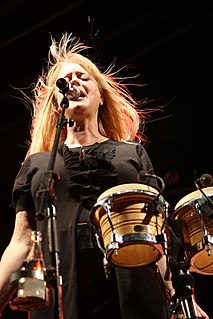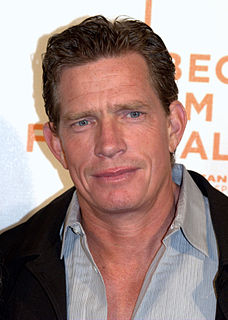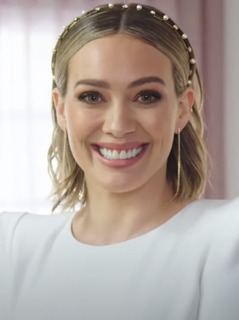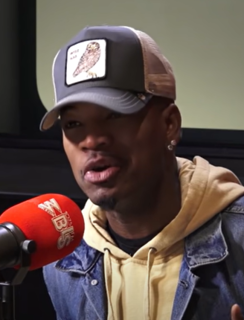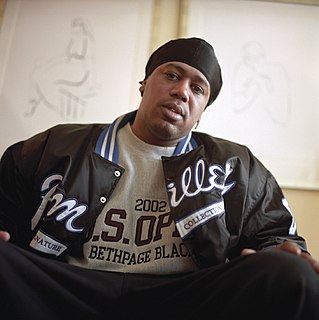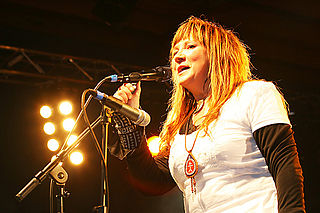A Quote by Cindy Wilson
When The B-52s started in the late '70s, music and the business was totally different. Obviously, it's easier for everyone to be able to work with music, record, and get good quality.
Related Quotes
I would go into my three different sisters' rooms in the early-mid '70s and they had very specific different tastes in music. I specifically remember lying on my different sisters' bedroom floors and listening to their record collections. And "Starship Trooper" was one of my sister Nancy's favorite songs and favorite album. Music is so defining for me. In the late '70s and early '80s, I worked in radio. When I was in high school, I worked at two different radio stations.
Obviously I want my music on the radio and I want my record to do well, but I also have a totally different career, so a lot of people who are in music are just in music and can dedicate all their time to that and I can't do that, so I really want to have both things and I'm just trying to figure out how.
Every work is completely different. Sometimes the music is first, sometimes it's parallel, and sometimes the music is after. There's no rule. Music goes differently to your emotions. With music you can create different spaces and feelings easier than you can with the visual - maybe not easier, but in a way, it's more seductive.
The music business has made a 360. It's a whole 'nother game. It's not nearly what it was. And I fear for it, because, you know, with the advent of the computer and online and downloading and all these things, they have destroyed - that stuff has destroyed the record business, not the music business, but the record business. The music business is well, and it's alive and thriving. Now, I hope something happens to turn it back around to the point whereas it's - you're earning a living from writing your songs, from your work, you know, because it's not like that anymore.
I always say to people that I left hip-hop in '97, meaning that I departed from listening to predominately hip-hop and just started really getting into records from the late '60s, early '70s. And once I made that change, I realized how much great music was made back in the day, and it started to become apparent how much we've lost in music.
The music business for me was never about buses and billboards you know, that was never the reason I got into the music business. The reason I wanted to get into the music business was because I genuinely, wholeheartedly love to sing. I love singing songs and telling stories and playing music, so that's why I got into the music business.
